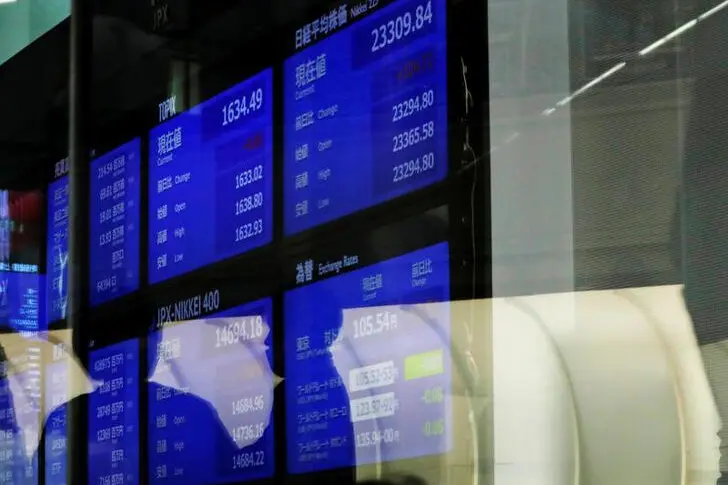PHOTO
TOKYO - Japanese firms slashed this year's summer bonuses by the most since the 2009 global financial crisis, a survey showed on Thursday, underscoring the damage brought by the coronavirus pandemic and clouding the outlook for already weak consumption.
The survey adds more gloom to the world's third-largest economy, which is set to take a hit from expanded state of emergency curbs to deal with a spike in Delta variant cases.
Average summer bonuses paid by big companies this year fell 8.27% from the previous year, marking the third straight year of declines, the survey by business lobby Keidanren showed.
Non-manufacturers' bonus payments slumped 17%, much bigger than a 5.94% cut among manufacturers, highlighting the heavy toll the pandemic took on service-sector firms reliant on domestic demand.
A separate survey by the Development Bank of Japan, however, showed companies plan to increase capital expenditure by 12.6% this fiscal year after delaying investment in 2020 to cope with the pandemic's immediate impact.
"We're seeing a K-shaped recovery" between manufacturers benefiting from robust exports and retailers suffering from weak domestic spending, the bank said in a report on the survey.
Japanese companies typically pay bonuses each summer and winter, which tend to fluctuate more than regular pay as firms compensate employees with one-off payments to avoid saddling themselves with higher fixed costs.
(Reporting by Leika Kihara; Editing by Kim Coghill) ((leika.kihara@thomsonreuters.com; +813-6441-1828; Reuters Messaging: leika.kihara.reuters.com@reuters.net))





















